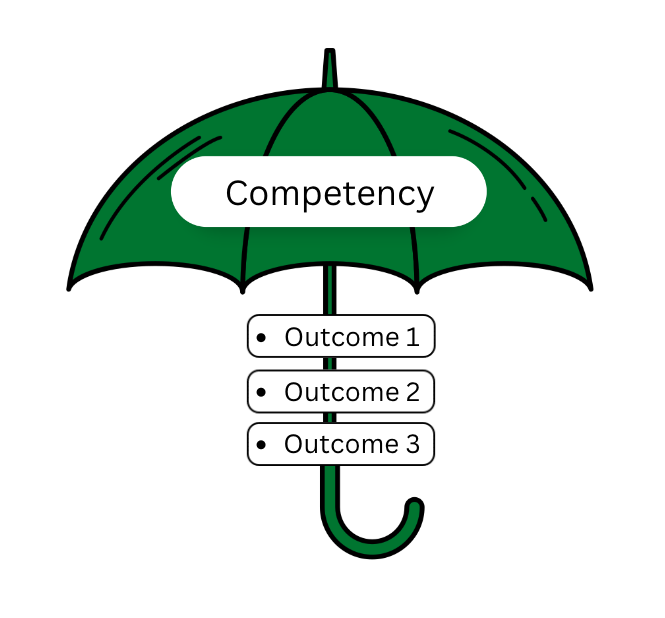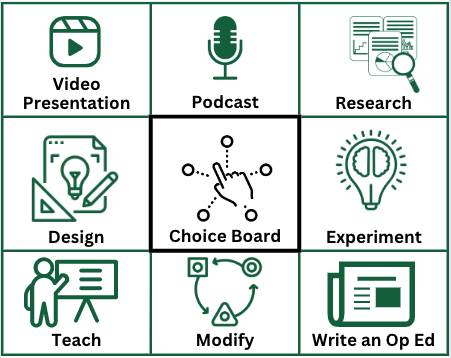Learning Not to Learn?
By Carolyn Hoessler
We teach so that students engage in actions to continue to learn including completing assignments, readings and answering questions in class. But does our teaching increase such behaviours or decrease them?
One lens, psychology of learning, suggests we likely do both. Unlike classical conditioning’s focus on reflexes such as drooling, B. F. Skinners’ operant conditioning examines the rewarding of active behaviours including participating in class discussion or completing homework.
What is Operant conditioning?
As Thorndike’s Law of Effect and B.F. Skinner’s operant conditioning notes we are influenced by the consequences of our actions. Good consequences encourage more of this activity, while unpleasant (or unhelpful) consequences encourage less of this activity.
http://youtu.be/I_ctJqjlrHA
Positive reinforcement increases the frequency of behaviours through either the addition of a pleasant stimulus or the removal of an unpleasant stimulus. If we want students to answer more question in class, we could:
- add an indication that their answer is correct, stating which parts are correct if answer is not correct, or secondary rewards of praise
or
- remove something unpleasant such as provide relief from uncertainty by confirming they understand the topic or the ending of our mastered silent stare.
Negative reinforcement decreases the frequency of valued behaviours through either the addition of an unpleasant stimulus or the removal of an unpleasant stimulus, including answering questions in class when we:
- add a dismissing or disparaging comment from the explicit “incorrect” to the implicit asking “any other answers” only when the initial student response is incorrect
or
- remove something pleasant such as a change in posture to be more removed, stop smiling, or change in the amount you pick them to answer questions.
We might beneficially use negative reinforcement to decrease disruptive behaviours such as interrupting classmates, or answering cell phones
Our effect may also be neutral, including when an instructor neither confirms or discounts the response and simply says “next” until they have 3 responses regardless of correctness.
Over time, behaviours do not need to be (and should not be) actively reinforced each time to maintain higher participation or lower skipping class (see information on schedules and fixed versus variable intervals and ratios).
Experiment!
Try seeing how the number of students’ answers increases (or decreases) with different responses. Predict via the lens of operant conditioning. For example:
- What happens if I ask questions that are too easy? Students likely not rewarded by answering
- What happens if I ask questions that are too hard? Students might not be able to answer and receive the explicit or implicit feedback that they are wrong
- What happens if I present my answer(s) on a slide after I ask them? Students might not be rewarded by answering
- But what if I skim by pointing out all the parts they identified and building on their answer? -> Students might be rewarded and increase participation.
Applying operant conditioning is not about “coddling” or saying “good try” without correcting flawed knowledge, but creating a learning experience that is encouraging of participation, reading and incorporating feedback into later performance. Even when a students’ answer is incorrect there are ways to reward behaviours that lead to improvement (e.g., asking questions) and provide feedback to modify that knowledge by “rewarding” the correct bits, “punishing” incorrect parts, and because we can speak better than pigeons suggesting how to improve.
While it is useful to be cognizant of how our actions may act to encourage or discourage specific student behaviours, self-determination is still valued and people may not want themselves or others to be treated as treating people like lab rats such as by Sheldon on Big Bang Theory:
http://youtu.be/Mt4N9GSBoMI
Resources
- Operant Conditioning (BF Skinner)
- An Introduction to Operant (Instrumental) Conditioning
- The application of operant conditioning techniques in a secondary school classroom
P.S. The physical classroom and social roles may also trigger previously rewarded behaviours including collaboration or silence.


